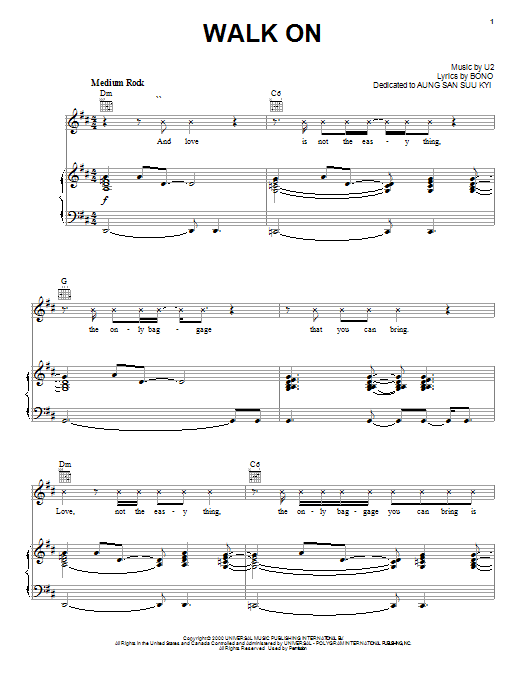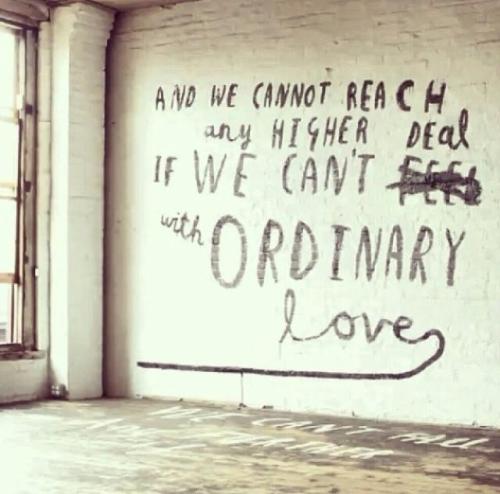
Read on for a track-by-track take on this, a dark and bristly debut from a band now known for bringing bright lights and optimism to the stadiums of the world.įittingly, the first song on the first U2 album is certified roof-raiser stuffed with rumbling bass, insistent guitars, glockenspiel, and lyrics written about something very specific (the mother-child bond) yet delivered in a way that anyone can sing along and insert his or her own meaning.

It all came together on 1987’s massive The Joshua Tree, the first of U2’s seven chart-topping albums. With 1983’s War, U2 stepped up its anthem game, while 1984’s The Unforgettable Fire established much of the sonic architecture that’s propped up subsequent works. 63 on the Billboard 200, producing no hit singles, the following year’s October stalled at No. It would take a few albums for U2’s abilities to catch up to its ambition - and for the public to catch on.

“There’s a certain spark, a certain chemistry, that was special about the Stones, The Who and The Beatles, and I think it’s also special about U2,” he told Rolling Stone in February 1981, when he was still going by the name Bono Vox. While producer Steve Lilywhite mostly stays out of the way and lets the group careen through its songs - minimalist post-punk numbers with an obvious debt to English predecessors Joy Division - there’s a spirit to these performances that foretells greater things to come. Packed with prickly guitar sounds, strident beats and lyrics about the terrors of growing up and the grief Bono felt after losing his mother at 14, Boy is basically U2’s emo album.


 0 kommentar(er)
0 kommentar(er)
